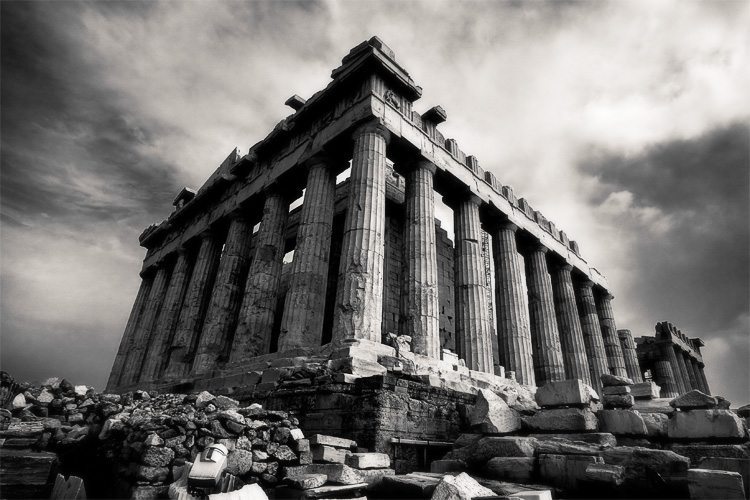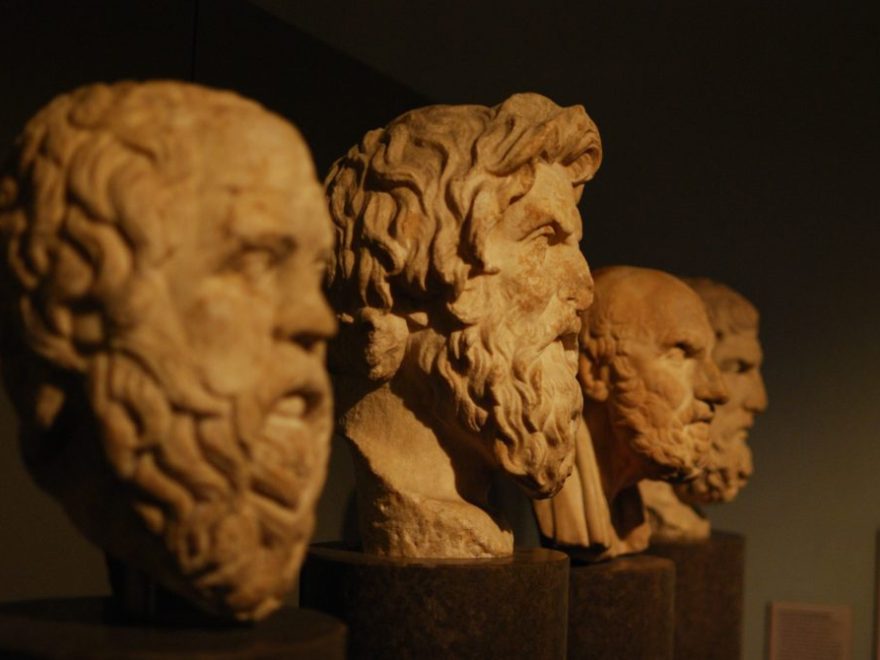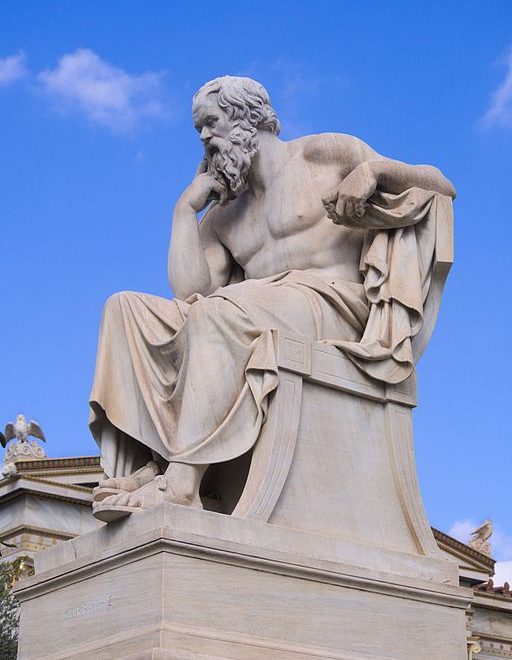Tag: liberal arts
-

Teaching Confident Faith in an Age of Religious Uncertainty
Christianity, as a global religion, is at a crossroads. On the one hand, it remains the largest religion in the world: 31% of the world’s population is Christian, and sociologists predict this percentage to increase to 32% by 2060. [1] On the other hand, the religion is experiencing notable decline in the West. In 2010,…
-

The Black Death and an Educational Renaissance
An infectious disease causes a pandemic that decimates the major urban centers in northern Italy. Doctors are recognized by their masks. The economy is disrupted through the loss of a workforce. The social order is overturned. Many turn to religion as a response to the pandemic, yet dogmatic norms are questioned. The pope issues indulgences…
-

Cultivating a Community: Wisdom for Parents Educating at Home Amidst the Present Crisis
In the last few weeks, life has changed dramatically for families across the globe. For families living in some parts of the United States, the most predictable elements of their busy schedules—the nine-to-five work day, daily school routine, church commitments, soccer practice, piano lessons—have vanished from the calendar. For perhaps the first time since the…
-

The Flow of Thought, Part 9: The Lifelong Love of Learning
The ‘love of learning’ is one of those phrases that is so overused in education that it feels like it has been beaten to death with a stick. Every educator and every educational model claims to promote the ‘lifelong love of learning’ for their students. I challenge you to find an engaged teacher who doesn’t…
-

Charlotte Mason and the Liberal Arts Tradition, Part 2: Educating the Whole Person
What has Charlotte Mason to do with classical education? In my first blog in this series, I began exploring this question through a close reading of Kevin Clark and Ravi Jain’s The Liberal Arts Tradition: A Philosophy of Christian Classical Education. In this book, Clark and Jain offer a paradigm for understanding classical education as…
-

Charlotte Mason and the Liberal Arts Tradition, Part 1: Mapping a Harmony
“What has Athens to do with Jerusalem?” the church father Tertullian skeptically asked. Tertullian was writing at a time in which church leaders were weighing the pros and cons of mining the Greco-Roman philosophical tradition for insights they could utilize in the development of a distinctively Christian philosophy. Similarly, within the Christian classical school movement,…
-

True Mastery: The Benefits of Mixed Practice for Learning
“Practice, practice, practice.” This mantra for learning is proclaimed across companies and schools, athletics and the arts. The widely held belief is that the key to mastering a particular skill or gaining new knowledge is relatively straightforward: Practice. Now, to be sure, practice is important, especially if it rises to the threshold of “deliberate practice,”…
-

20 of the Most Memorable Maxims from 2019 Educational Renaissance
The end of the year is a good time to take stock and review how far we’ve come. These last few days I’ve been doing this, both for myself through rereading my bullet journals, but also for Educational Renaissance by rereading all the old articles of 2019 in search of gems of wisdom. Along the…
-

The Flow of Thought, Part 5: The Play of Words
“Words, words, words.” Such was the enigmatic reply of Hamlet to Polonius’ question, “What do you read, my lord?” And as always, Hamlet’s feigned madness displays the ironical insight of a verbal sense of humor. After all, what is anyone reading these days, but merely words, words, and more words? Of course, Polonius interprets this…

